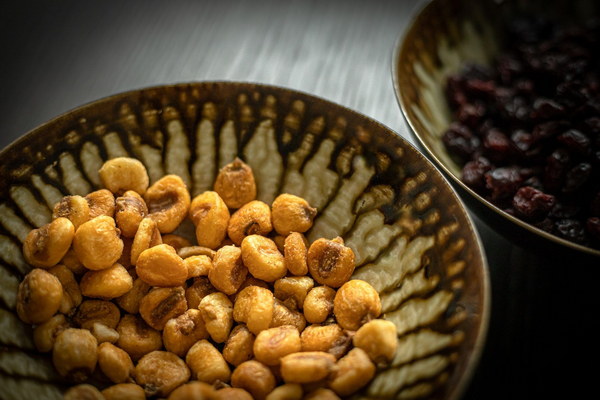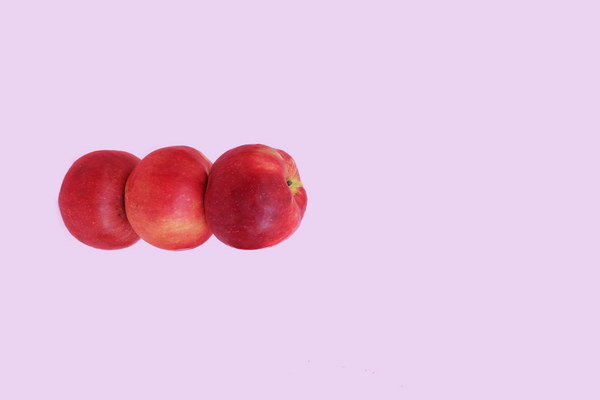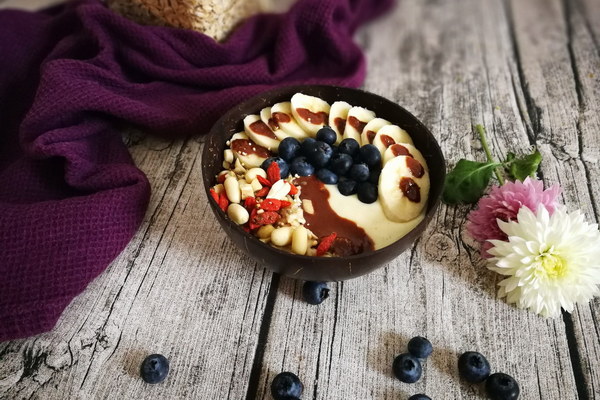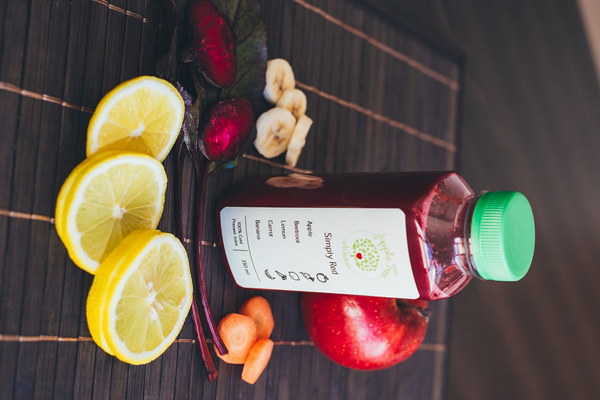Herbal Remedies for Nourishing the Throat and Lung Traditional Chinese Medicine for Hydration and Respiration
In Traditional Chinese Medicine (TCM), the health and balance of the throat and lungs are crucial for overall well-being. When these organs are in harmony, the body can effectively moisturize itself and maintain a healthy respiratory system. Here's a guide to some of the most commonly used herbal remedies in TCM for nourishing the throat and lung, promoting hydration, and enhancing respiratory health.
1. Honey and Licorice Root (Gancao)
One of the most famous combinations for nourishing the throat and lung is honey and licorice root. Licorice root (Gancao) is a potent herb that helps to moisten the throat and lung, relieve sore throat, and improve respiratory function. Honey, on the other hand, is a natural sweetener that adds a soothing quality to the tea. This combination is particularly beneficial for those with dry coughs, sore throats, or respiratory dryness.
2. Mulberry Leaf (Suan Zao Ren)

Mulberry leaf is a versatile herb that is often used in TCM for its nourishing properties. It is believed to moisten the lungs, improve respiratory health, and boost the immune system. This herb is particularly useful for those suffering from dry coughs, bronchitis, or asthma. It can be taken as a tea or added to soups and stews.
3. Ophiopogon Root (Sheng Di Huang)
Ophiopogon root is another herb known for its lung-nourishing properties. It is often used to treat dry coughs, sore throat, and respiratory infections. This herb is also believed to replenish yin, which is the body's essential fluid that helps to moisturize and nourish the tissues. Ophiopogon root can be taken in the form of a decoction or as part of a herbal formula.
4. Goji Berries (Gou Qi Zi)
Goji berries are not just a superfood; they are also a valuable herb in TCM. They are known for their ability to nourish the lungs and kidneys, enhance immunity, and support respiratory health. Goji berries can be consumed fresh, dried, or as a tea. They are particularly beneficial for those with chronic respiratory conditions or weakened immune systems.
5. Astragalus Root (Huang Qi)
Astragalus root is a well-known herb in TCM for its immune-boosting properties. It is also used to nourish the lung and support respiratory health. This herb is often used in combination with other lung-nourishing herbs to treat conditions such as chronic bronchitis, asthma, and pneumonia. Astragalus root can be taken as a decoction or as a tincture.
6. Schisandra Fruit (Wu Wei Zi)
Schisandra fruit is another herb that is highly regarded for its lung-nourishing benefits. It is believed to strengthen the respiratory system and improve lung function. This herb is also used to support the adrenal glands and reduce stress, which can indirectly improve respiratory health. Schisandra can be consumed as a tea, added to smoothies, or taken as a supplement.
How to Use These Herbs
When using herbal remedies for nourishing the throat and lung, it is important to follow the guidance of a qualified TCM practitioner. The dosage and preparation method can vary depending on the individual's condition and constitution. Here are some general tips:
- Decoction: Boil the herbs in water for about 20-30 minutes, then strain and drink the liquid.
- Powder: Some herbs can be taken in powdered form mixed with water or juice.
- Tincture: Alcohol-based tinctures are a quick way to consume the herbs, but they may not be suitable for everyone.
It is also worth noting that while herbal remedies can be beneficial, they should not replace conventional medical treatment for serious or chronic respiratory conditions. Always consult with a healthcare professional before starting any new treatment regimen.









